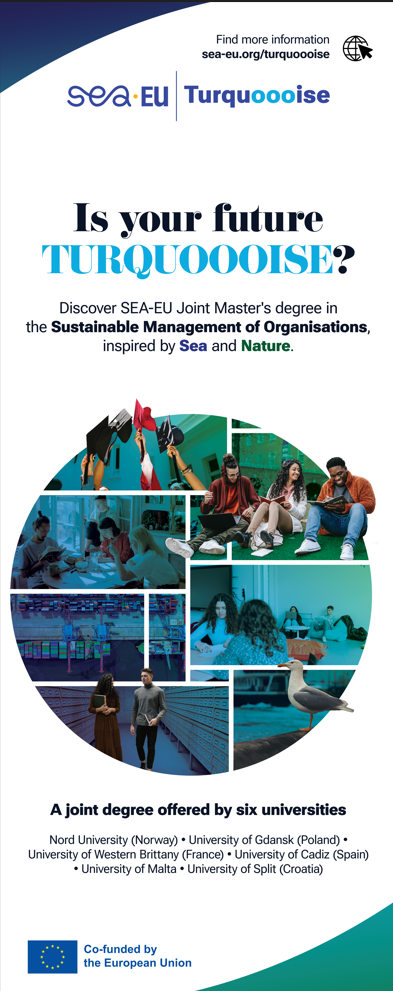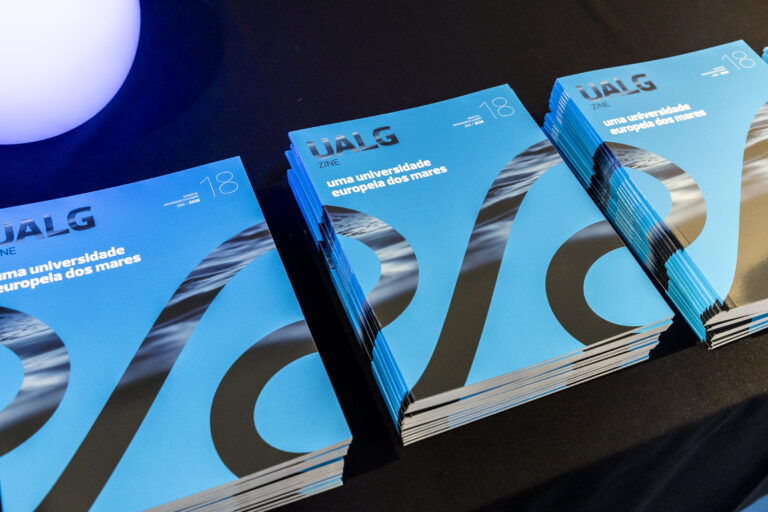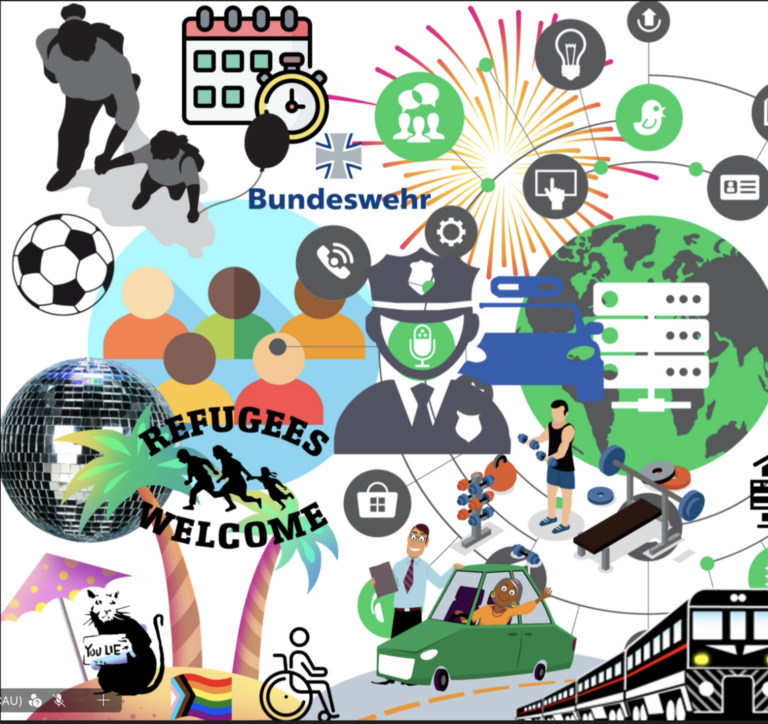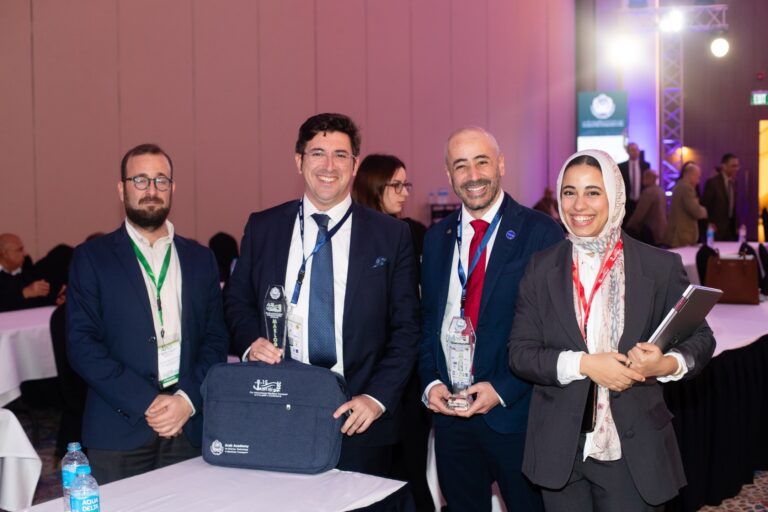The last few years in terms of higher education in Europe have been determinants for the transformation of universities. It is understood that they have put a lot of effort into mitigating and facing global needs and challenges, but they still need to go beyond traditional academic boundaries and old preconceived ideas about what higher education entails.
The European University of the Seas Alliance SEA-EU is fostering a new generation of people able to study and work in multiple sectors and academic disciplines in a transnational environment.
Six of the nine universities that constitute this multicampus are developing a pilot for the Master in Sustainable Management for Organisations – Turquoooise, an initiative inspired by the uncertain environment of the sea that aims to respond to the aspirations and strategic priorities of the European Union, also combine the trans-european expertise in management disciplines to equip students with the necessary skills to transition organisations to uncertain futures.
Even so, taking back the reflections that the implementation of these joint programmes brings, not only in a European context but also through an own perspective from the inside of the SEA-EU alliance, besides the administrative and financial issues, and the complex accreditation systems already addressed, there are other challenges that transnational alliances tend to face, such as the following:
ECTS Recognition
One of the most frequent issues in the academic field of the SEA-EU Alliance in general and which has currently been a challenge in the development of the Turquoooise initiative are the policies of automatic transfer and/or recognition of credits between institutions, since, thanks to the Bologna process and its declarations, there are some restrictions in terms of flexibility and dynamism on the method of equivalences and recognition of studies taken in other countries.
Not only equivalences of non-formal educational or practical experiences cannot receive automatic recognition between institutions, but also micro-credentials or extra-curricular activities are limited.
Although the learning outcomes are innovative and facilitate mobility among partner universities and participation in programmes across all disciplines, there are still issues to be addressed, such as the issuance of joint degree certificates, given that these micro-modules do not yet provide independent certificates, but the corresponding ECTS credits can be obtained by participating in them.

Linguistic, Cultural and Pedagogical Differences
Other aspects that can be challenging in terms of cooperation and internationalisation are the linguistic, cultural, and pedagogical differences since maximising learning outcomes and the success of Joint Degrees require a common commitment to promote wider cultural awareness to comprehend, work in, contribute to, and coexist successfully in multicultural, and multilingual academic environments.
The Turquoooise project, as well as the SEA-EU alliance as a whole, are profoundly based in European ideals; there is a rich cultural diversity in which pluralism, non-discrimination, tolerance, justice, solidarity, and equality are fundamental. It is worth emphasising that, in terms of language, efficient use of English has been established as the primary channel of communication; nevertheless, it is also to promote multilingualism by encouraging respect for and knowledge of the partners’ native languages.
The real challenge for the SEA-EU alliance and its joint degrees is how to create programmes that generate impact and inspire the transformation of higher education in Europe. Ensuring success will depend on collaboration, early commitment, best practices, and harnessing all the strengths of the HEIs involved in these processes. Although there is a path to follow, these programmes undoubtedly have the potential and the innovative component to be a genuine reference on an international scale.



